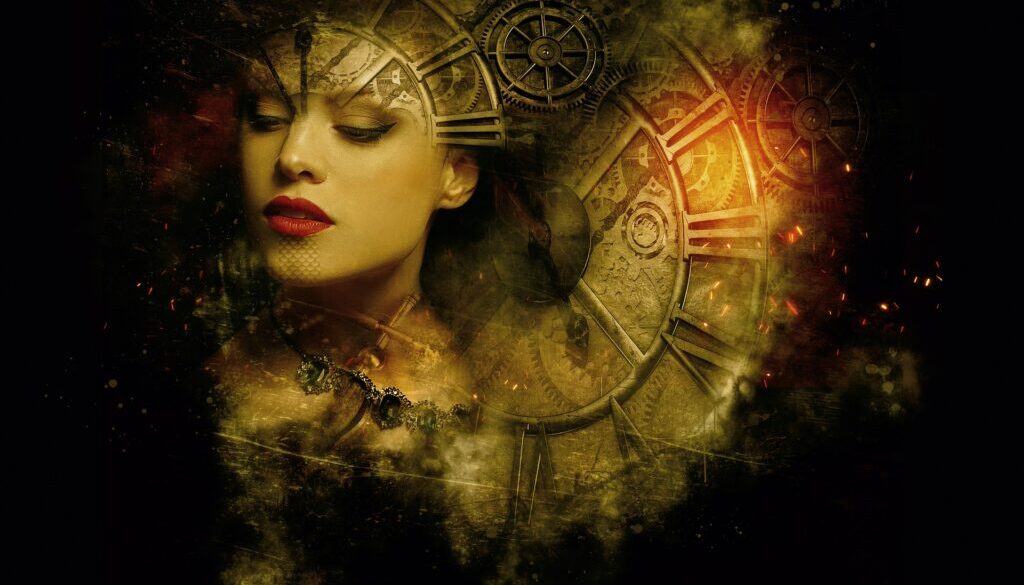Ancient Egypt, a civilization renowned for its rich culture, art, and knowledge, continues to captivate those curious about spirituality and beliefs. Nestled along the Nile River, this society thrived on connections to the divine, weaving its spirituality into the fabric of daily life. Through this lens, the Egyptians sought meaning in existence, morality, and the afterlife. But what were their core beliefs?
The Pantheon of Gods
At the heart of ancient Egyptian spirituality is a vast array of gods and goddesses. Unlike religions that focus on a single deity, ancient Egyptians worshipped up to 2,000 different deities. Each god embodied aspects of life, nature, and the cosmos. For example, Ra was the sun god responsible for creation and order, while Osiris governed the afterlife and rebirth.
The significance of these gods is evident in the architecture and art of the time. Temples were adorned with hieroglyphs depicting divine attributes and powerful stories. Rituals were a daily practice; offerings were made to ensure the gods’ favor. In fact, the annual temple festival for Isis, celebrating fertility and renewal, drew thousands, showcasing community devotion and belief in divine protection.
The Afterlife and the Book of the Dead
One of the most intriguing elements of ancient Egyptian spirituality is their strong belief in the afterlife. Egyptians viewed death as a transition rather than an end. They believed in two vital components of the soul: the Ka, representing life force, and the Ba, reflecting individual personality and consciousness.
To assist the deceased after death, the “Book of the Dead” was essential. This collection of spells and prayers, often illustrated in tombs, helped the departed navigate challenges in the afterlife. Statistically, over 200 variations of this text have been found, demonstrating its pivotal role in burial practices and cultural beliefs about immortality.
Rituals and Sacred Spaces
Rituals formed a crucial aspect of maintaining harmony between humans and the divine. Temples became sacred spaces for priests to conduct ceremonies that honored the gods and preserved cosmic order. Offerings, accompanied by music and dance, were integral to these rituals, fostering a sense of community.
For instance, during the Wepet Renpet festival, farmers offered first harvests to gods like Osiris, ensuring a successful growing season. The seasonal celebrations reinforced shared beliefs in nature’s cycles, enhancing community ties and illustrating the interconnectedness of life and death.
Nature’s Influence on Spirituality
Nature played a significant role in shaping ancient Egyptian beliefs. The Nile River was not just a water source; it was seen as a symbol of life. The annual flooding, which brought vital nutrients to the soil, was celebrated through the worship of Hapi, the god of the inundation. This natural event underlined the Egyptians’ dependence on the river for agriculture and survival.
Celestial bodies also held great significance. Stars were associated with gods, and events like solar eclipses were interpreted as divine messages. Many temples and pyramids were strategically positioned to align with celestial events, reflecting their desire to live in harmony with the cosmos.
The Legacy of Ancient Egyptian Spirituality
The spirituality of ancient Egypt presents a compelling blend of beliefs, rituals, and divine connections that shaped their civilization for over three millennia. Understanding these intricate beliefs offers valuable insights into how the Egyptians perceived life, nature, and the universe. Their influence is not restricted to grand monuments; it also lives on in the spiritual practices that intrigue and inspire us today.
Exploring ancient texts, visiting archaeological sites, or reflecting on life’s mysteries invites a deeper connection to the wisdom of ancient Egypt. As we uncover layers of this mystical civilization, we gain insight into fundamental truths about human existence that remain relevant in our lives today.


